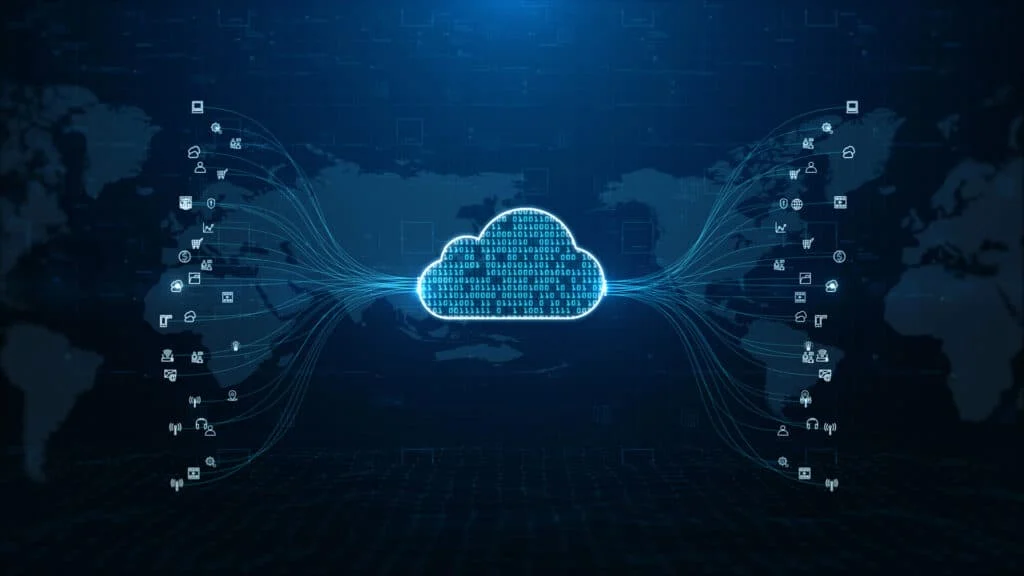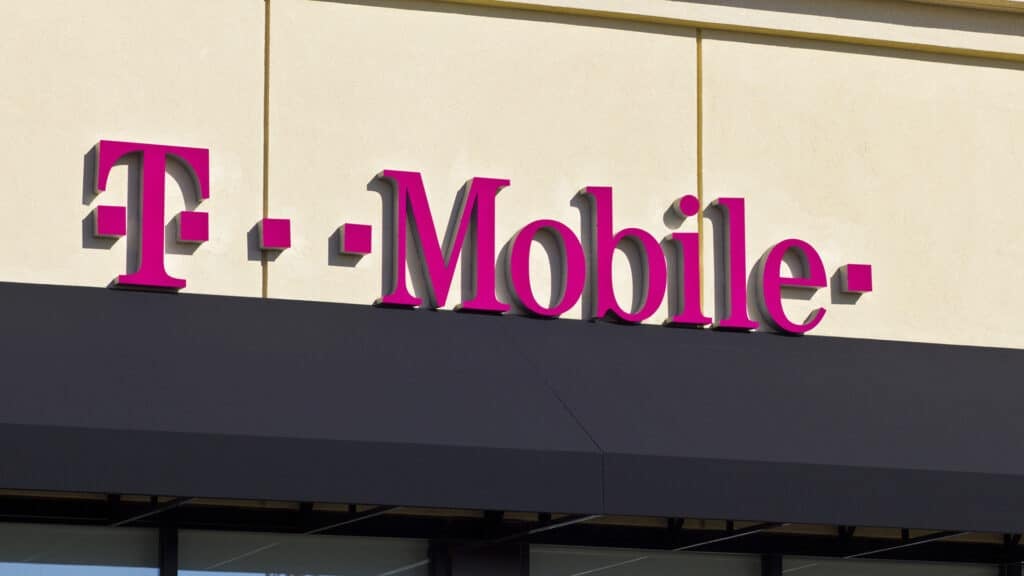The News: Hewlett Packard Enterprise (HPE) has announced its latest initiatives to help organizations reduce their IT carbon footprint and achieve sustainability goals. For more details click here.
Hewlett Packard Enterprise Introduces New Sustainability Solutions to Reduce IT Carbon Footprint
Analyst Take: The impact of IT on carbon emissions is significant. The IT sector is responsible for about 3.7% of global greenhouse gas emissions, according to the report “Lean ICT: Towards Digital Sobriety,” published in March 2019 by The Shift Project, a Paris-based think tank. According to the report, the direct energy footprint of information and communications technology (ICT) is increasing by 9% annually. This report obviously doesn’t cover the recent explosion of AI-based workloads, which are power-hungry and place a further burden on the environment. In today’s world, sustainability has become a top priority for businesses. Not only does it help optimize costs and protect organizations from disruption, but it also creates long-term value. However, many organizations face challenges in implementing sustainable practices, namely, a lack of visibility and expertise, along with complex regulatory environments.
The introduction of the HPE GreenLake sustainability dashboard on the HPE GreenLake platform, along with a comprehensive portfolio of sustainability services, demonstrates HPE’s commitment to enabling sustainable practices throughout the IT lifecycle.
Preview of the HPE GreenLake Sustainability Dashboard
HPE is aiming to address these challenges by providing organizations with the tools and insights to monitor and reduce their energy consumption and carbon emissions. The upcoming HPE GreenLake sustainability dashboard offers real-time visibility into IT energy consumption, carbon emissions, and electricity costs. Leveraging advanced analytics from the HPE portfolio, the dashboard enables organizations to improve their overall sustainability performance.
Following the recent acquisition of OpsRamp, HPE has brought this solution to market under the GreenLake banner in short order. The integration of OpsRamp’s hybrid digital operations management solution with HPE GreenLake’s edge-to-cloud platform, coupled with HPE’s top-notch services, is set to disrupt the operational complexity of multi-vendor and multi-cloud IT environments. OpsRamp’s AIOps technology provides end-to-end visibility, observability, and control across hybrid and multi-cloud IT environments, delivering discovery, monitoring, automation, and event resolution. By extending HPE’s services portfolio, customers can now effectively manage their heterogeneous cloud environments, reduce operating expenses, and enhance the overall IT experience for users. This offering includes the consolidation of multi-vendor tools, automation of manual processes with AIOps, and significant improvement in incident remediation through monitoring and observability.
In addition to the sustainability dashboard announcement, HPE announced several other sustainability-focused updates:
HPE’s Approach to Sustainable Modernization – HPE is taking a differentiated approach to help organizations achieve sustainable modernization. The company offers a range of tools and processes that assist in planning for modernization while addressing environmental and sustainability goals. HPE also provides workshops that explore a combined and sustainable approach to IT, workloads, and data centers. Additionally, HPE’s sustainability baselining services provide a clear picture of energy usage and emissions within the IT estate, allowing organizations to make informed decisions about their IT infrastructures’ energy efficiency.
New Capabilities for Sustainable IT Operations – HPE introduces additional capabilities to help organizations manage and reduce their IT and data center carbon footprint. Operational services offer a range of sustainability features, including access to dedicated experts, asset upcycling services, customized Circular Economy Reports, and certifications. The refreshed HPE Digital Learner online learning subscription service now includes sustainable upskilling for IT and data center facility employees, offering ITIL® 4 certificate: Sustainability in Digital and IT and EPI Certified Data Center Environmental Sustainability Specialist (CDESS®) certifications.
Expanding the Force for Good Program to SMBs – HPE Financial Services is expanding its Force for Good Financing Program to include additional industry-recognized standard indexes, making more small and mid-sized businesses (SMBs) eligible for financing through HPE Asset Upcycling Services. These programs support broader sustainability initiatives throughout the IT asset lifecycle. This announcement is a positive move as we will need organizations of all sizes to contribute if we are to achieve the necessary reductions in carbon emissions.
HPE Asset Upcycling Services Charitable Giving Program – HPE Services introduces a new charitable giving program, allowing organizations to donate funds to reputable nonprofit partners as they decommission retired IT assets. Partners include Project Drawdown and UNICEF, among others, contributing to global climate solutions and children’s welfare.
Looking Ahead
Hewlett Packard Enterprise has taken a major stride toward promoting sustainable practices and reducing IT carbon footprint with its latest sustainability solutions. The HPE GreenLake sustainability dashboard and a comprehensive portfolio of sustainability services provide organizations with the necessary tools, insights, and support to overcome the challenges of implementing sustainable practices. HPE’s approach, which combines technology, services, financing, and asset upcycling programs, empowers organizations to embrace sustainability holistically across their IT estates. With this offering, businesses can make a positive impact on the environment while optimizing their operations and creating long-term value.
I expect to see more focus on the sustainability impact of IT vendors in the coming months as they look to differentiate private cloud deployments from their industry peers, and also from the hyperscale cloud providers who will have a harder job of providing environmental data given the scale of their estates.
Disclosure: The Futurum Group is a research and advisory firm that engages or has engaged in research, analysis, and advisory services with many technology companies, including those mentioned in this article. The author does not hold any equity positions with any company mentioned in this article.
Analysis and opinions expressed herein are specific to the analyst individually and data and other information that might have been provided for validation, not those of The Futurum Group as a whole.
Other insights from The Futurum Group:
HPE and VAST Data Join Forces to Launch HPE GreenLake for File Storage
HPE Expands Alletra Storage Portfolio to Transform File, Block, and Data Protection Services
Author Information
Steven engages with the world’s largest technology brands to explore new operating models and how they drive innovation and competitive edge.







